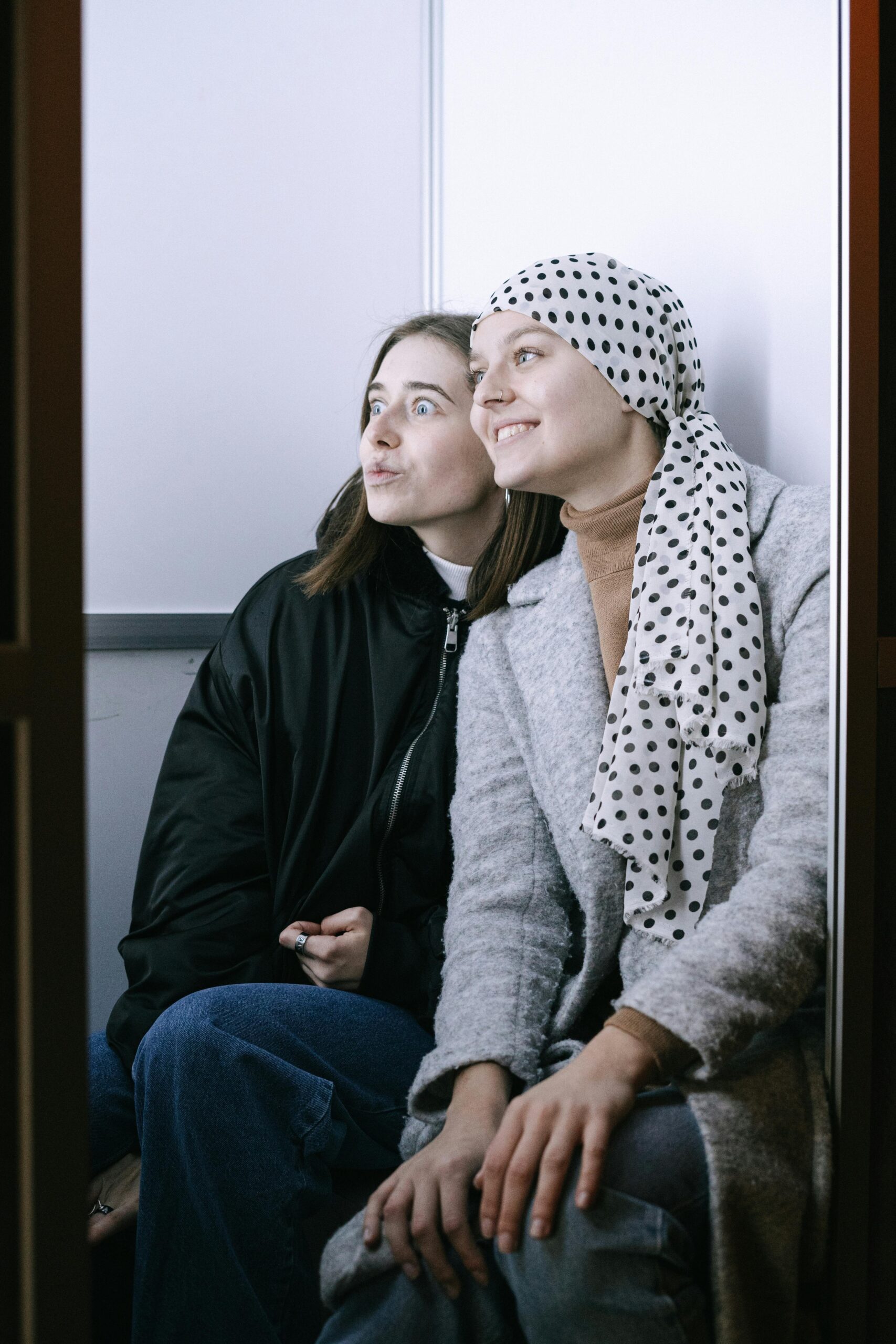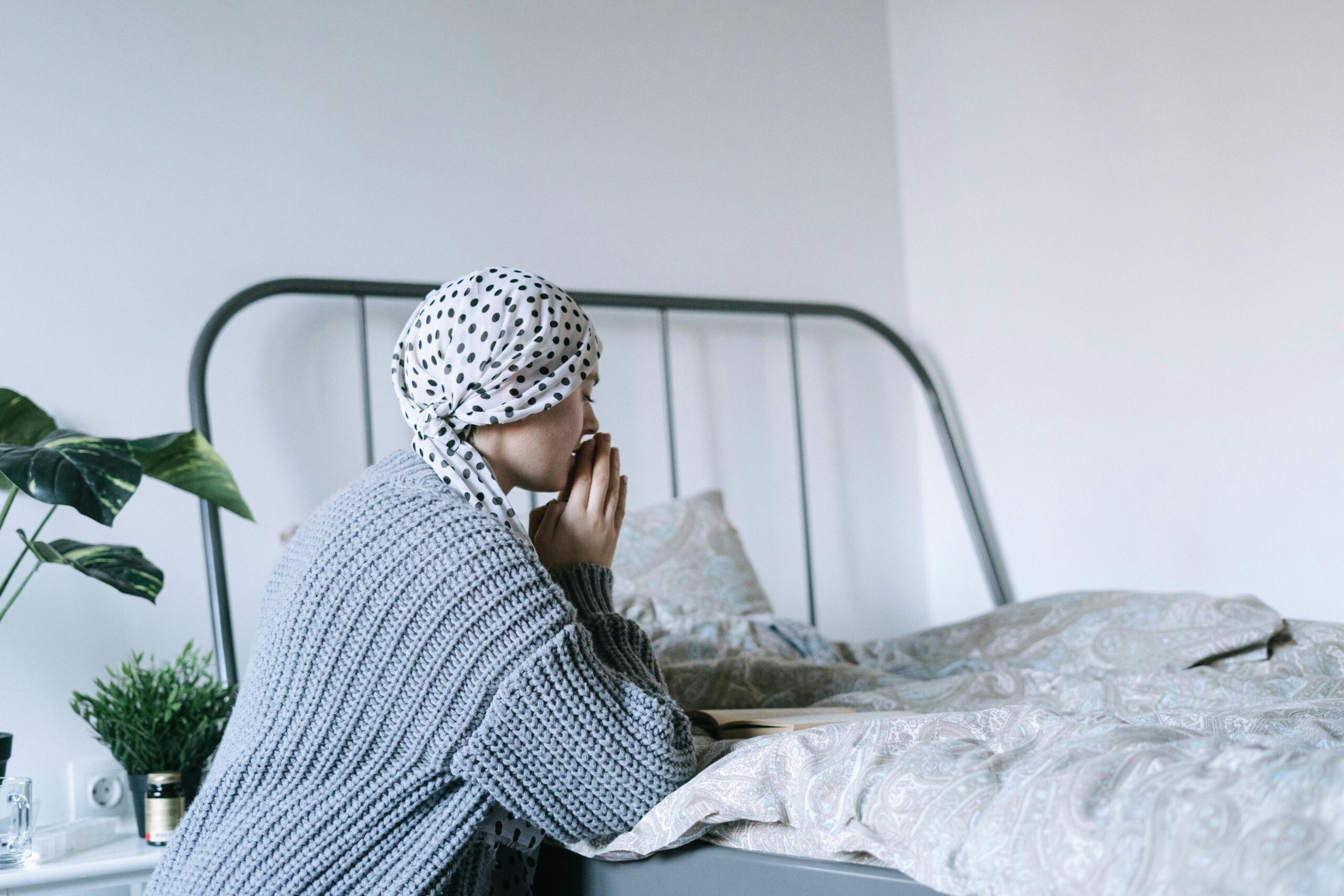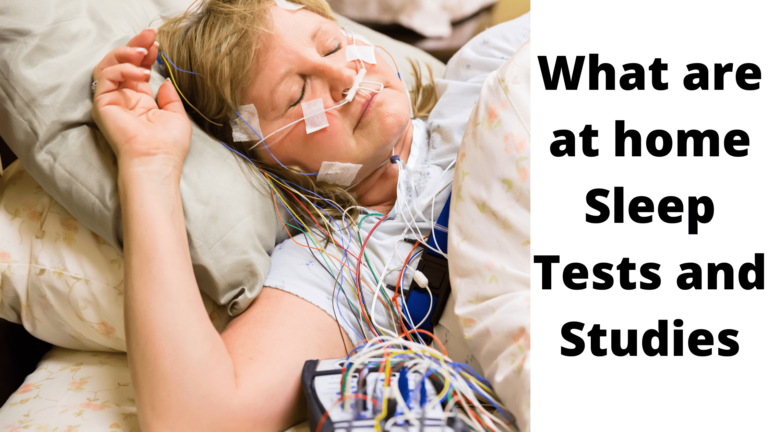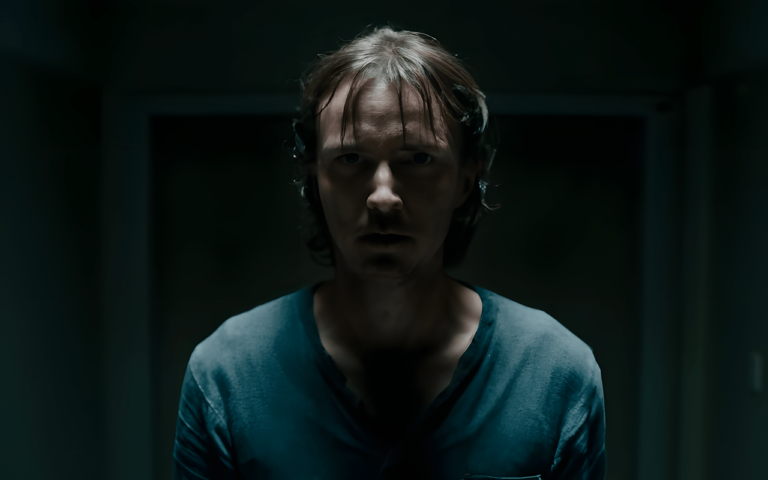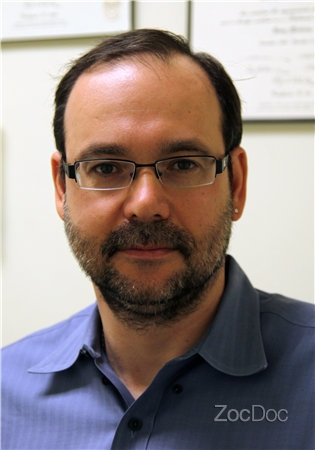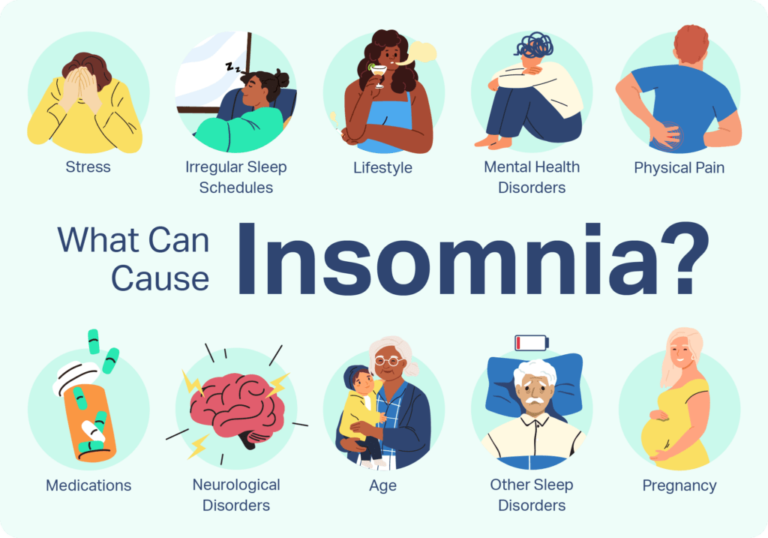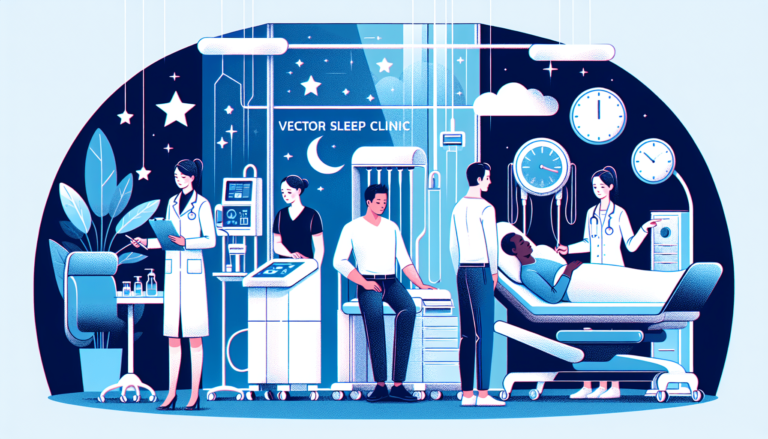What Role Does Genetics Play In Restless Leg Syndrome?

In the engaging exploration titled “What Role Does Genetics Play In Restless Leg Syndrome?”, you’ll delve into the intricate relationship between your genetic makeup and the often misunderstood condition known as Restless Leg Syndrome (RLS). It’s fascinating to discover that the genetic factor is substantial, with research indicating that if you have close family members who suffer from RLS, your chances of experiencing it could significantly increase. While genetics isn’t the sole cause, it certainly sets the stage for how your symptoms might manifest. To navigate such complex sleep disorders, Vector Sleep Diagnostic Center, led by the highly experienced Dr. Dmitriy Kolesnik, stands ready to provide personalized care. Dr. Kolesnik’s extensive background in both Neurology and Sleep Medicine ensures that you’ll receive not just a diagnosis but a comprehensive treatment plan tailored to your needs. Have you ever found yourself unable to keep your legs still just as you’re trying to relax and enjoy a moment of rest? Maybe you or someone you know has complained of an irresistible urge to move their legs, especially at night. If so, you might be familiar with Restless Leg Syndrome (RLS).
Understanding Restless Leg Syndrome
Restless Leg Syndrome (RLS), also known as Willis-Ekbom Disease, is a neurological disorder characterized by a compelling urge to move the legs. This sensation often comes with uncomfortable feelings such as tingling, crawling, or aching, primarily when at rest and usually worsening in the evening or night.
Symptoms of Restless Leg Syndrome
People with RLS often describe these primary symptoms:
- Uncomfortable sensations: These can include itching, tingling, or a feeling that something is crawling on the legs.
- Urge to move: Moving the legs often relieves the uncomfortable sensations but only temporarily.
- Worsening during rest and evening: Symptoms are more noticeable in the evening or at night and are typically less severe during the day.
- Sleep disturbances: These symptoms often lead to difficulties falling or staying asleep, which impacts overall quality of life.
The Impact of RLS on Daily Life
Restless Leg Syndrome can significantly affect the lives of those who suffer from it. Because symptoms tend to worsen in the evening and night, sleep disturbances are common. This can lead to daytime fatigue, irritability, and difficulty concentrating. Long-term sleep deprivation can also contribute to more severe health issues, such as depression and anxiety.
What Role Does Genetics Play in Restless Leg Syndrome?
You may be wondering, “Is Restless Leg Syndrome hereditary?” There’s growing evidence that genetics do play a significant role in the development of RLS. Researchers have identified several genetic markers linked to the condition, suggesting that your genes can influence your susceptibility to RLS.
Genetic Factors in Restless Leg Syndrome
Various studies have highlighted the importance of genetics in RLS. Some specific factors include:
Family History
RLS often runs in families. If you have a close family member, such as a parent or sibling, who has RLS, your risk of developing the condition increases. Studies have shown that up to 50% of people with RLS have a family history of the disorder.
Genetic Mutations
Researchers have identified several genetic mutations associated with RLS. These mutations are found on chromosomes such as 12, 14, and 9. For example, alterations in the MEIS1 gene on chromosome 12 have been linked to RLS.
Inheritance Patterns
While the inheritance pattern of RLS is not entirely understood, it appears to follow an autosomal dominant pattern in some families. This means that you only need one copy of the altered gene from one parent to inherit the condition.
Studies Supporting the Genetic Link
Twin Studies
Twin studies have been instrumental in understanding the genetic basis of RLS. These studies compare the occurrence of RLS in identical twins (who share 100% of their genes) to fraternal twins (who share about 50% of their genes). Results from these studies suggest a strong genetic component, as identical twins show higher concordance rates for RLS than fraternal twins.
Genome-Wide Association Studies (GWAS)
GWAS have identified several genetic variants associated with RLS. These studies involve scanning the genomes of a large group of people to find genetic variations more common in those with RLS. Variants in genes such as BTBD9, MEIS1, and MAP2K5 have been linked to an increased risk of RLS.
The Interaction of Genetics and Environment
It’s important to note that while genetics play a substantial role, environmental factors also contribute to the onset and severity of RLS. Some of these factors include:
- Iron Deficiency: Iron plays a crucial role in brain function, and low levels are often found in people with RLS.
- Chronic Diseases: Conditions such as diabetes, kidney disease, and peripheral neuropathy can exacerbate RLS symptoms.
- Lifestyle Factors: Smoking, lack of exercise, and obesity may increase the risk of developing RLS.
Potential Genetic Testing and Counseling
Given the strong genetic component, genetic testing and counseling might become more commonplace for diagnosing and managing RLS. This can be particularly useful for individuals with a family history of the condition. Genetic counseling can help you understand your risks and consider preventive measures or early interventions.
Vector Sleep Diagnostic Center: Where Expertise and Compassion Converge
While understanding the genetic components can offer valuable insights, managing RLS often requires professional guidance. This is where facilities like the Vector Sleep Diagnostic Center come into play.
About Vector Sleep Diagnostic Center
Led by Dr. Dmitriy Kolesnik, a veteran in Sleep Medicine, Psychiatry, and Neurology, Vector Sleep Diagnostic Center provides comprehensive care for various sleep disorders, including RLS. With over two decades of medical experience, Dr. Kolesnik and his team are committed to delivering personalized and evidence-based treatment plans.
Dr. Dmitriy Kolesnik: An Authority in Sleep Medicine
Dr. Kolesnik began his medical journey at St. Petersburg Medical School in Russia before relocating to New York in the early 1990s. Board-certified by the American Board of Sleep Medicine, Psychiatry, and Neurology, he has been a Clinical Instructor in Neurology at the Weill Medical College of Cornell University since 2004. His extensive academic and clinical background ensures that he remains at the forefront of the latest research and treatment modalities.
Services Offered at Vector Sleep Diagnostic Center
At Vector, you receive more than just a diagnosis for RLS; you get compassionate care that addresses the root of your sleep problems.
Initial Sleep Consultation
Your first consultation is a thorough evaluation that takes around an hour. During this session, you’ll discuss your sleep history, lifestyle, and any symptoms you’re experiencing. You might also undergo preliminary tests or complete questionnaires to better understand your sleep patterns.
Comprehensive Sleep Studies
Vector offers a variety of sleep study services tailored to diagnose and manage sleep disorders effectively. These include overnight polysomnography, home sleep apnea tests, and specialized pediatric sleep studies.
Insomnia Solutions
Insomnia often accompanies RLS. Vector’s Insomnia Solutions program is designed to address the root causes of your insomnia, helping you reclaim restful nights.
Specialized Evaluations and Continuous Care
Vector provides specialized evaluations to get to the root of your unique sleep challenges. They offer follow-up and continuous care programs to ensure your treatment remains effective and evolves with your needs.
Educational Resources
Understanding your sleep disorder is crucial for effective management. Vector offers a sleep education program that includes:
- Interactive Workshops: Learn how to improve sleep hygiene and manage sleep disorders.
- Educational Brochures: Easy-to-read guides that break down complex sleep topics.
- Online Modules: Accessible educational content you can peruse at your leisure.
- One-on-one Counseling: Individual sessions to address your specific sleep issues.
Why Choose Vector Sleep Diagnostic Center?
Choosing Vector means placing your sleep health in the hands of board-certified specialists equipped with the latest knowledge and technologies. Their mission is to help you identify, understand, and manage your sleep disorders for an improved quality of life.

Conclusion
Genetics plays a significant role in Restless Leg Syndrome, influencing your susceptibility to the condition. Several genetic markers and family histories point to a hereditary component, but environmental factors also contribute to its onset and severity. If you or a loved one is grappling with RLS, understanding its genetic roots can offer valuable insights and guide you toward effective treatment.
For those seeking comprehensive care, Vector Sleep Diagnostic Center stands as a beacon of expertise and compassion. At Vector, you’re not just a patient; you’re a partner in the journey toward better sleep health. Whether through personalized consultations, advanced sleep studies, or educational resources, Vector is dedicated to helping you achieve the rest you deserve.
If you recognize the symptoms of RLS in yourself or someone close to you, consider reaching out to the experts at Vector Sleep Diagnostic Center. With their specialized knowledge and compassionate care, you’ll be well on your way to reclaiming restful nights and improved well-being.
Don’t let Restless Leg Syndrome keep you from enjoying a peaceful night’s sleep. Contact Vector Sleep Diagnostic Center today to take your first step toward better sleep.
For more information, you can reach out to Vector Sleep Diagnostic Center at:
Address: 26, 62-60 99th St, Rego Park, NY 11374
Phone: (718)830-2800
Email: vectorsleep@gmail.com

